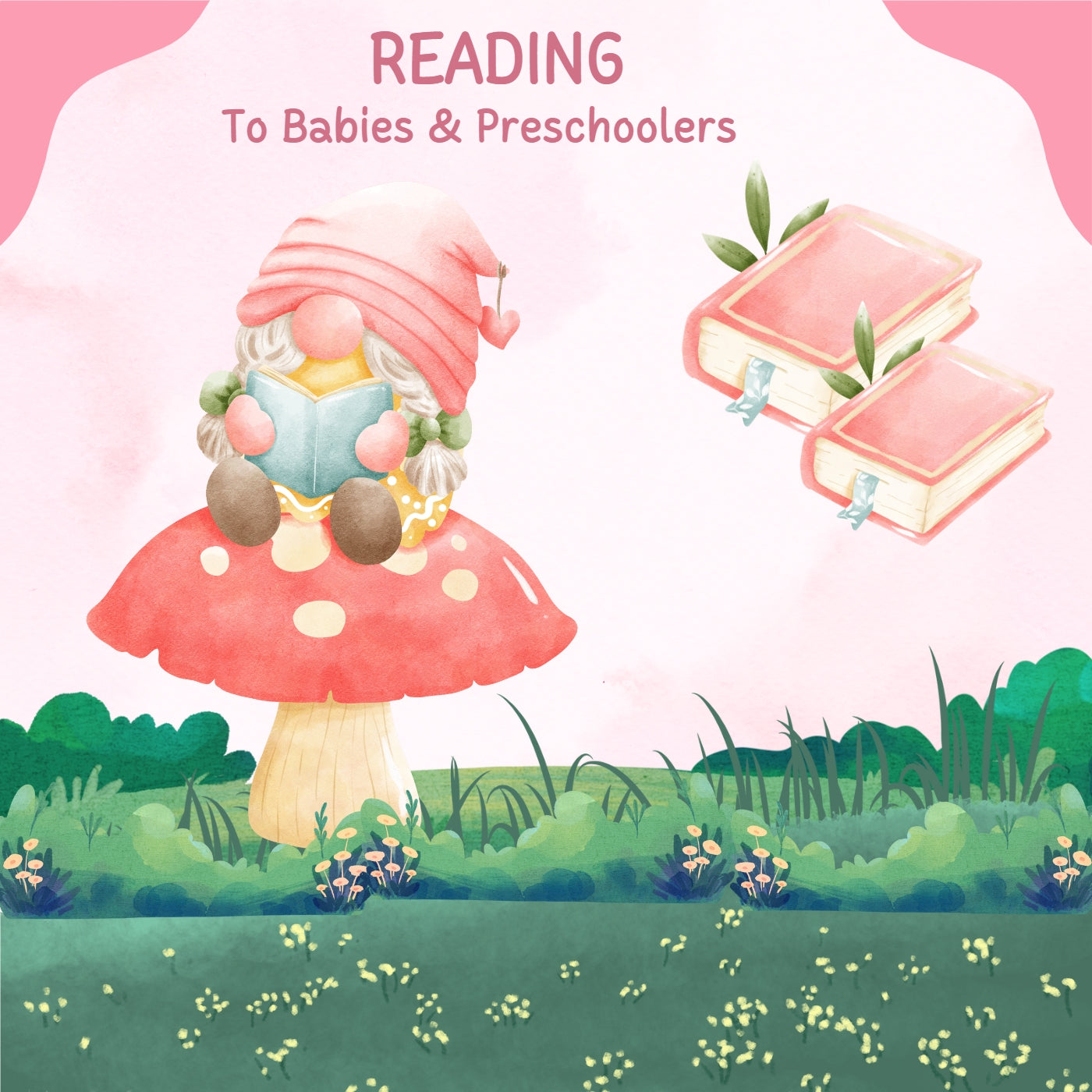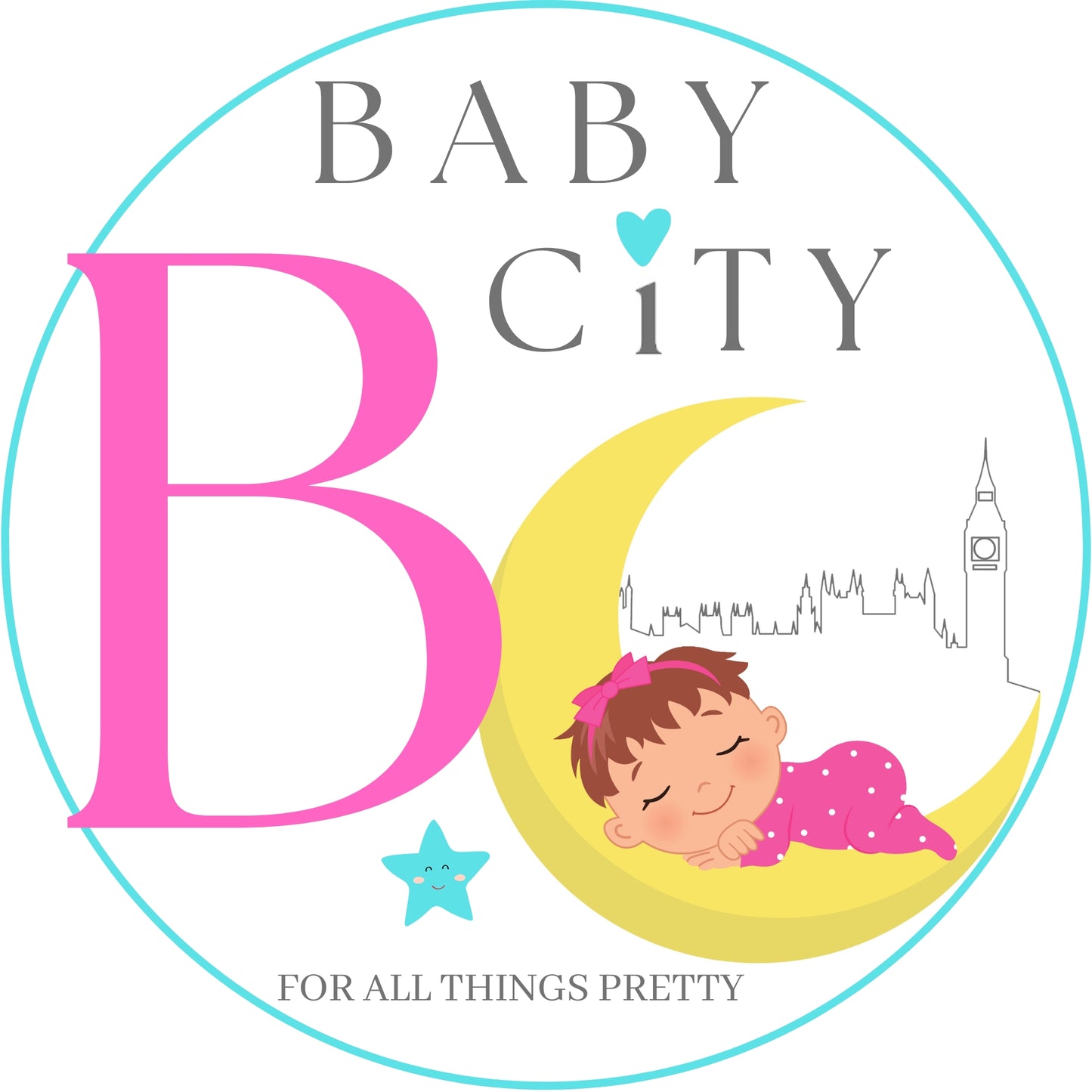
The benefits of reading are widely known, but did you know that it's never too early to introduce reading skills to your baby or preschooler? Reading to young children has been shown to have numerous positive effects on their development, including language acquisition, cognitive skills, social-emotional development, and even future academic success. As a parent, you have the opportunity to foster a love of reading in your child that can last a lifetime. This guide will provide you with valuable tips and resources on how to introduce reading skills to your baby or preschooler, including choosing age-appropriate books, creating a reading routine, and engaging with your child through reading. In this post, we'll explore the many benefits of reading with young children and help you get started on your journey to raising a reader.
1. Introduction: Why reading skills are important for babies and preschoolers
As a parent, you may wonder why it is essential to introduce reading skills to your baby or preschooler. The answer is simple: reading is a fundamental skill that sets the foundation for all other learning. By exposing your child to books at an early age, you are building a strong bond between you and your child, while also promoting language development, cognitive growth, and social-emotional well-being.
Research shows that children who are read to from a young age have larger vocabularies, stronger cognitive skills, and better school-readiness than children who are not exposed to books. Reading also helps develop a child's imagination, creativity, and empathy, which are all vital skills for success in life.
Furthermore, reading with your child sets a positive tone for learning and helps establish a love of books that will last a lifetime. By making reading a fun and enjoyable experience, your child will develop a positive attitude towards learning that will carry over into other aspects of their academic and personal life.
In this guide, we will explore the many benefits of introducing reading skills to babies and preschoolers, as well as provide practical tips and strategies for making reading a daily part of your child's routine.
2. The benefits of reading to young children
Reading to young children is one of the most important things a parent can do for their child's development. Not only does it help to build a strong emotional bond between parent and child, but it also provides a wealth of benefits for the child's cognitive and language development.
One of the most significant benefits is the development of language and communication skills. When a child is read to, they are exposed to a wide range of vocabulary and sentence structures that they might not otherwise encounter. This exposure helps to build their vocabulary and language skills, which in turn allows them to communicate more effectively with others.
Reading to young children also helps to build their imagination and creativity. By exposing children to stories, they are encouraged to use their imagination to visualize the characters, settings, and events in the story. This helps to build their creative thinking skills, which can be applied to many other areas of their life.
Another key benefit of reading to young children is the development of cognitive skills. As children listen to stories, they are required to focus their attention and concentrate on what is being said. This helps to improve their memory, attention span, and ability to process information.
Finally, reading to young children is an excellent way to promote a love of learning and a lifelong love of reading. By exposing children to books from a young age, they are more likely to see reading as an enjoyable and rewarding activity, which will encourage them to continue reading throughout their lives.
In short, reading to young children provides a wealth of benefits that will help them to develop into confident, intelligent, and creative individuals. As a parent, there is no better gift you can give your child than a love of reading.
3. When should you start reading to your child?
It's never too early to start reading to your child. In fact, experts recommend that parents should start reading to their babies as early as possible. Even though babies may not understand the words, they are able to absorb the rhythm and melody of your voice, which can have a positive impact on their language development.
As your child grows, reading should become a regular part of their routine. Experts suggest that parents should strive to read to their child for at least 15 minutes a day. This may be challenging when your child is very young and has a short attention span, but as they grow and become more interested in books, it will become easier to do.
It's also important to let your child explore books on their own, even if they are not yet able to read. Board books and touch-and-feel books are great options for babies and toddlers who are still learning how to handle objects. As your child gets older, they may start to show a preference for certain types of books, such as stories about animals or books with colorful illustrations.
Overall, the key is to make reading a fun and positive experience for your child. This will not only help them develop important language and cognitive skills, but it will also foster a love of learning that will serve them well throughout their lives.
4. How to make reading fun for your child
Making reading a fun and engaging experience for your child is crucial to developing a love for books and reading. Here are some tips to make your reading sessions enjoyable for your child:
1. Choose books that are age-appropriate and interesting: Select books that are appropriate for your child's age and interests. For example, if your child loves animals, choose books about different animals and their habitats.
2. Use animated voices: Bring the characters to life by using different voices and tones for each character. This will help your child to better understand the story and become more engaged in the reading experience.
3. Encourage participation: Ask your child questions about the story, the characters, and what they think will happen next. This will not only help them to better understand the story but also help to develop critical thinking skills.
4. Make it interactive: Incorporate activities into your reading sessions, such as acting out scenes, making crafts related to the story, or even baking treats inspired by the book.
5. Read regularly: Make reading a part of your daily routine, whether it's before bedtime or during quiet time. This will help your child to develop a love for reading and look forward to their reading sessions.
By making reading a fun and engaging experience, you can help your child to develop a love for books and reading that will last a lifetime.
5. Choosing the right books for your child
Choosing the right books for your child is an important part of introducing reading skills to babies and preschoolers. It is important to choose books that are not only age-appropriate but also engaging and fun. Board books with bright colors, simple images, and minimal text are perfect for babies and toddlers. These types of books are sturdy and can withstand the rough handling of little hands. They also provide a sensory experience as babies explore the textures and shapes of the book.
For preschoolers, picture books with more complex storylines and engaging illustrations are a great choice. Look for books that feature characters and themes that your child can relate to or are interested in. You can also choose books that introduce new concepts or teach important life lessons.
When choosing books for your child, it's important to consider their interests and reading level. Don't be afraid to let your child choose their own books as well. Giving them the freedom to choose what they want to read can help foster a love of reading and make it a fun and enjoyable experience. Additionally, consider books that are diverse and inclusive, featuring characters from different backgrounds and cultures.
Remember, introducing reading skills to your child is not about pushing them to read before they are ready, but rather fostering a love of reading and a curiosity for learning. By choosing the right books and making reading a fun and engaging experience, you can help set your child up for a lifelong love of reading and learning.
6. How to read to your child effectively
Reading is a very important activity to introduce to babies and preschoolers as it helps them develop their cognitive, communication, and literacy skills. But, reading to children is not just about opening a book and reciting the words on the page. It is about engaging with your child, building a connection, and making the experience enjoyable for them.
To read effectively to your child, you should first choose books that are appropriate for their age and interests. Board books and picture books are great for babies and toddlers while preschoolers might enjoy books with more complex storylines and characters. You should also try to make the reading experience interactive by asking your child questions about what they see on the page or encouraging them to point to certain objects.
When reading to your child, it's also important to use different voices and sound effects to make the story come alive. You can also use facial expressions and body language to convey different emotions or actions. This helps to keep your child engaged and interested in the story.
Another effective way to read to your child is to incorporate repetition and rhythm. Children love repetition and it helps them to remember words and phrases. Rhythm also helps to make the story flow and keeps your child engaged.
Finally, try to make reading a regular part of your daily routine. Set aside a specific time each day to read with your child, such as before bedtime. This helps to establish a routine and reinforces the idea that reading is an important and enjoyable activity. By following these tips, you can help your child develop a love of reading that will benefit them for years to come.
7. Developing your child's vocabulary through reading
Reading is an excellent way to develop your child's vocabulary. When you read to your child, they are exposed to new words and phrases that they may not hear in everyday conversation. Reading not only introduces new words but also helps children understand their meanings in context.
For younger children, board books with large, colorful pictures and simple phrases are perfect for introducing new vocabulary. For preschoolers, picture books with more complex sentences and storylines can help them develop a deeper understanding of words and their meanings.
It's also important to talk with your child about the story and the words you are reading. Encourage them to ask questions and use their imagination to make connections between the story and their own experiences. This will help them develop critical thinking skills and make reading a more interactive and engaging experience.
Another great way to develop your child's vocabulary through reading is to choose books on subjects that interest them. Whether it's dinosaurs, animals, or trucks, finding books on topics that your child is passionate about will help them retain new words and concepts more easily.
Incorporating reading into your child's daily routine is crucial for developing their vocabulary and setting them up for academic success in the future. Start reading to your child from an early age and watch their language skills grow and flourish.
8. Encouraging a love of reading in your child
Encouraging a love of reading in your child is one of the most important things you can do as a parent. Not only does reading help children develop important cognitive skills, such as memory and comprehension, but it also helps them build important social and emotional skills, such as empathy and critical thinking.
One way to encourage a love of reading in your child is to make reading a regular part of your daily routine. This could mean setting aside a specific time each day for quiet reading, or making reading an activity that you do together before bed.
Another way to encourage a love of reading in your child is to make reading fun. This could mean choosing books that are about topics your child is interested in, or books that are interactive and engaging, such as pop-up books or books with flaps to lift.
It's also important to model a love of reading yourself. If your child sees you reading and enjoying books, they are more likely to develop a love of reading themselves.
Finally, don't be afraid to get creative with your approach to reading. You could try acting out stories with your child, or creating your own stories together. By making reading a fun and enjoyable experience, you can help your child develop a lifelong love of books and reading.
9. Tips for parents who struggle with reading
If you are a parent who struggles with reading, don't worry - you're not alone. Many parents find themselves in this situation, but it's important to remember that there are ways to overcome this challenge and still introduce reading skills to your children.
One way to do this is to use audiobooks. Audiobooks can be a great way to introduce your child to the joy of books without having to worry about reading yourself. You can listen to audiobooks together and discuss the story and the characters.
Another option is to use picture books. Picture books are a great way to introduce your child to reading because they rely on illustrations as much as words. You can look at the pictures together and talk about the story, even if you aren't able to read all the words.
You can also try reading with your child in a group setting. Joining a parent and toddler reading group or attending storytime sessions at your local library or bookstore can be a fun and engaging way to introduce your child to books and reading.
Finally, don't be afraid to ask for help. If you have a friend or family member who is a strong reader, ask them to read to your child or help you with reading sessions. Alternatively, you can seek assistance from reading tutors or programs if they are available in your area. Remember, there is no shame in seeking help and the important thing is to introduce your child to the joy of reading.
10. Conclusion: The lifelong benefits of introducing reading skills to young children
In conclusion, introducing reading skills to young children offers lifelong benefits that go far beyond just learning how to read. Early childhood is a critical period for brain development, and reading can help to stimulate a child's cognitive development, language skills, and creativity.
Moreover, research has shown that children who are read to at a young age are more likely to develop a love of reading and have better academic performance throughout their lives. Reading also helps to develop empathy, social skills, and emotional intelligence in children, all of which are important skills for their future success.
As parents, introducing reading skills to our children is one of the best investments we can make in their future. It is never too early to start reading to them, and as they grow older, we can encourage them to read on their own and explore the wonderful world of books.
So, let's make reading a daily part of our children's lives and give them a gift that will last a lifetime. By doing so, we can help to unlock their full potential and set them on a path towards a bright and successful future.

